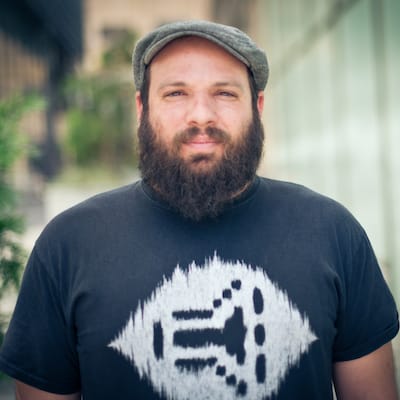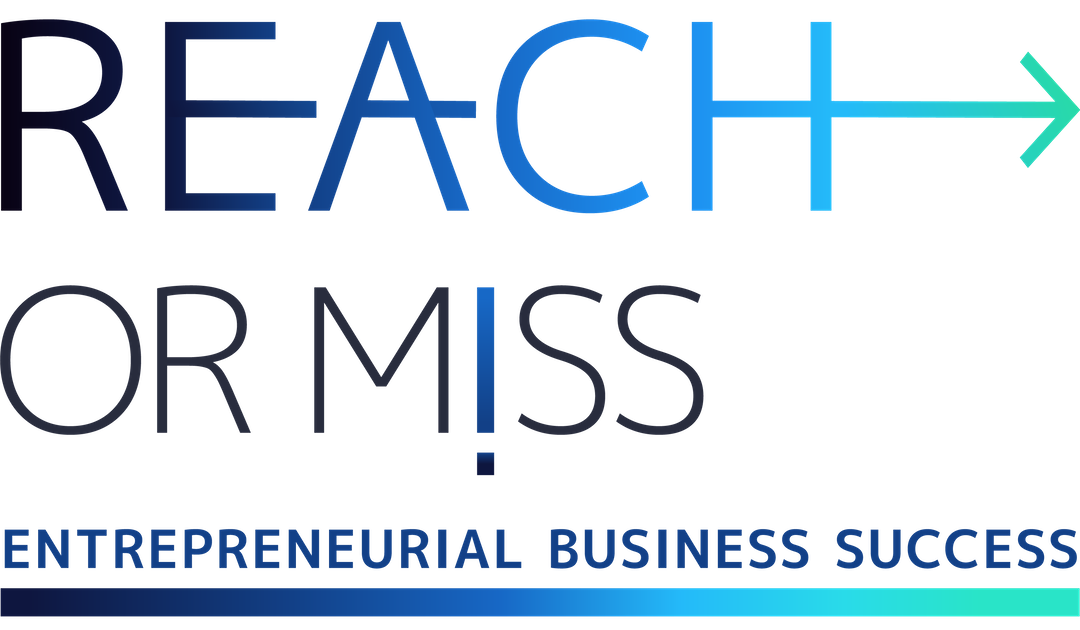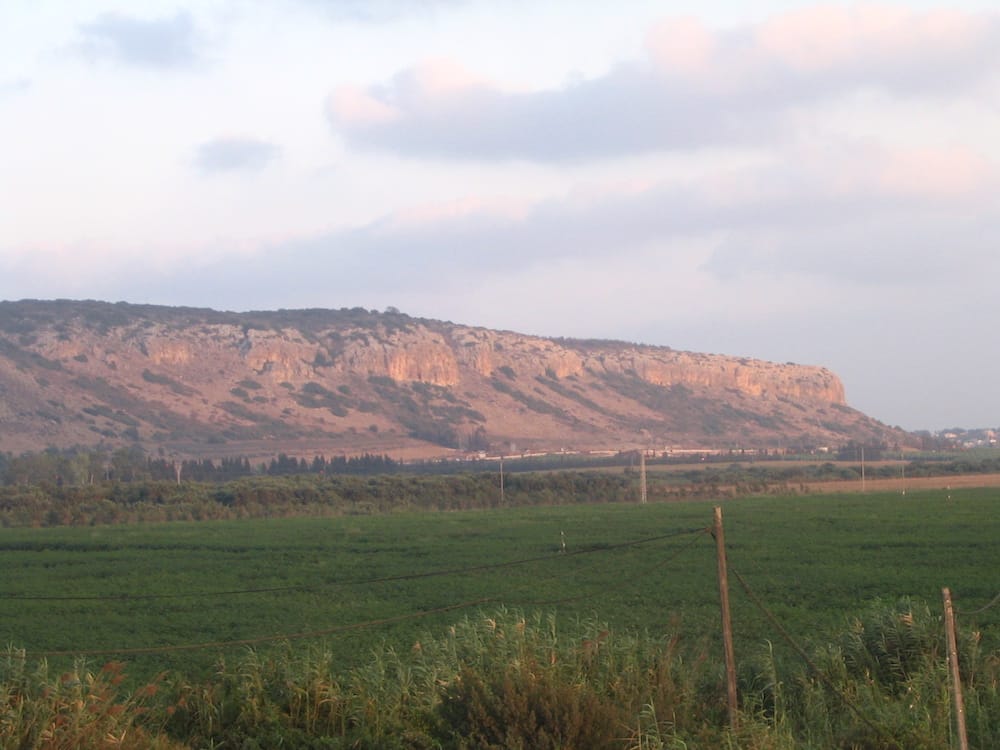Ep. 099 – Eyal Feder Levy is a first time entrepreneur that managed to build a successful startup, from the 1st stage. Learn how.

Eyal Feder Levy Show Notes
Eyal Feder-Levy – CEO and Co-Founder
An urban planner and smart city geek, Eyal has worked with numerous cities to implement advanced technology and methodologies. In Zencity, he helps local governments around the world make better decisions daily by analyzing millions of citizen feedback data points using advanced AI.
Before founding Zencity, Eyal was part of the founding team of “City Center,” Tel Aviv University’s Interdisciplinary Center for Cities and Urbanism, where he led several Smart City programs.
Apart from Zencity and academic work, Eyal is part of World Economic Forum’s Future of Cities advisory board, a member of the US Conference of Mayors Business Council, and the youngest board member of the Israeli Urban Planners’ Association.
Most passionate about
- The whole purpose of what we’re doing at Zencity is to help these weird organizations called local governments make better decisions.
- These organizations have such a huge impact on our lives, they manage our infrastructure, transportation, pubic safety, education, and so on and they can really be the difference between a good quality of life and a bad one. Today, it’s really a challenge to be data driven and measure the outcomes of their investment and the hard work they’re putting in.
- So, everything we’re doing is focused on helping these organizations be more efficient, make better decisions, be more in touch with the needs of their community, and that’s what we are passionate about. We’ve just started working in North America in the last year.
- We have about 35 cities in North America using our platform today and we’re excited to help more communities.
Eyal’s best advice about approaching customers
- We did two things that worked really well for us in the beginning and I think that’s what helped us build our infrastructure:
- First, we do all of our sales and business operations from Tel Aviv. We used any connection we had to get that first client. In our case, we won an award by a really great organization called New Cities that chose us to be one of the most promising urban tech start-ups in 2017. From that award, we leverage the relationship with the organization to ask them to introduce us to cities in their network that they think could be good partners as a first partner in the USA. It’s really important for that first client to be a good partner.
- So that’s one thing: use whatever relationships you have to find that great design partner, that first good client.
- And the second thing was we learned about our industry and saw where people tend to meet. Before we had any clients, we flew out to a conference of an organization called ICMA, International City Managers Association. In one place, we met several thousand potential clients in three days, in out of them, 5 of them agreed to be our first clients.
Biggest failure with a customer
- The first thing an entrepreneur needs to learn is that it’s okay to fail and it’s okay to get no for an answer. I’m privileged to have gotten a lot of what I wanted throughout life and the company’s experience being an entrepreneur was something that I had day in and day out to face not being accepted, not winning the awards I wanted, getting a lot of ‘no’s from investors, getting a lot of ‘no’s from clients, and that’s something you really get used to and I think it makes you much stronger and if you learn to leverage those rejections into learning moments, then you become more successful.
- One of our biggest failures was we had a pretty big US city that we were in a great relationship with their leadership and the mayor and a few others, and we worked really hard to try to contract with them when we were very early on. While we had a great connection with the leadership, the staff was not as impressed with our offering. Anytime the offering came back to the staff, things just didn’t move as quickly and smoothly as we’d hoped.
- Eventually they went to a bidding process to acquire a solution like ours and a big mistake that I feel like we’ve made was when we were the finalist in that bid, we decided not to fly out there and do the demo remotely instead because we said this is our model, we do everything remotely, we do everything from Tel Aviv, and I think that call didn’t go very well.
- We lost what could have been one of our strategic clients and one of our biggest deals because we were very strict on our model and decided not to fly out there.
- So, we’ve learned since then, we travel more for strategic opportunities just to make sure we get them. That was a great learning experience for us.
Biggest success due to the right customer approach
- When it comes to first clients, there are two things to remember: you don’t have to have a product that’s fully working, does everything you hope it will do in the future, be perfect and well aligned; that’s not the point where you need your first customer.
- You need your first customer much earlier to help you understand what the things are that you need to build into your product.
- The second thing is the first customer is much more valuable than the ticket size that they will pay you. It’s important to choose a first customer that is excited to be a partner of yours, that’s excited by the vision that you have, that really wants to work with you on making that a reality. That is so much more important than how much money they will pay you.
- Our first customers still have the lowest pricing that we offer and how we got our first clients is an interesting story. We flew out to a conference in Barcelona, the biggest industry conference in our domain and we showed a demo of our product there that had, basically mostly a front end. The visuals looked good, but behind the scenes, we did almost everything manually. But that gave us an opportunity to have a conversation with potential clients and part of those conversations were with the Israeli delegation, and with some of the cities, specifically the city of Alot, who ended up becoming our first client ever and are still the best partner we could ask for; they were able to come there, see our vision, understand that this is a work in progress, and were excited to work with us on making this vision a reality and being the first ones to apply these concepts and make them work.
Eyal’s most recommended tool
- Honestly? A telephone. I think one thing that was really hard for me to accept as someone who is very digital in nature and really prefers email and chat over talking to a human, is that picking up the phone and calling someone is super effective, at least in our industry.
- Our conversation rate when we call someone is so much better than our rate via email, and that has become one of our most effective tools.
- We founded a team that does what’s called SDR Sales Development, that means they cold call potential clients across our target markets and they try to schedule them by picking up the phone and telling them about what we do.
- This has been much more effective than sending out emails or leaving message or anything else.
Eyal’s key success factor
- I think what’s made Zencity successful is our ability to recognize the right kind of people to join the team. Our success is 100% because of our great team, super smart and devoted people, that really care about the problem we are trying to solve and really care about the success of the company and the fact that we were able, as founders and managers, to identify the right people and to build the right management.
- Eyal’s personal Key Success Factor: I really enjoy public speaking. I love talking in front of people, so that helps me share our vision in a convincing way and I think that’s effective for us in early days for getting people interested in what we do. Confidence, when giving a presentation, is something that really helps with clients, investors, and with getting people interested in working for the company, so I think that’s something that’s been very helpful for me.
Eyal’s Mountain
Since we believe that the best way for entrepreneurs to get a fast, big, and sustainable success is by leading your (new) market category, and the entire entrepreneurial journey reminds me of mountaineering, or conquering the mountain; I want to ask you if there is a mountain you dream of climbing or a mountain you have already climbed.
- I ski and my grandfather lives on Monte Carmel, and that’s the closest relationship I’ve ever had to a mountain. I don’t think I’ll be climbing any mountains soon; I like to take my risks in business, not in physical injury related issues.
The best way to connect with Eyal:
More resources for Entrepreneurs
- Don’t Miss – Customer Focus Strategy & Execution: Market Analysis for Fundraising
- Hayut Yogev’s Latest post: My Conclusions after (almost) 100 podcasting episodes: The 3 most important tips to help you gain ongoing growth of paying customers and business success
- Former interview: REACH OR MISS – Why do entrepreneurs fail? My Conclusions after (almost) 100 podcasting episodes


